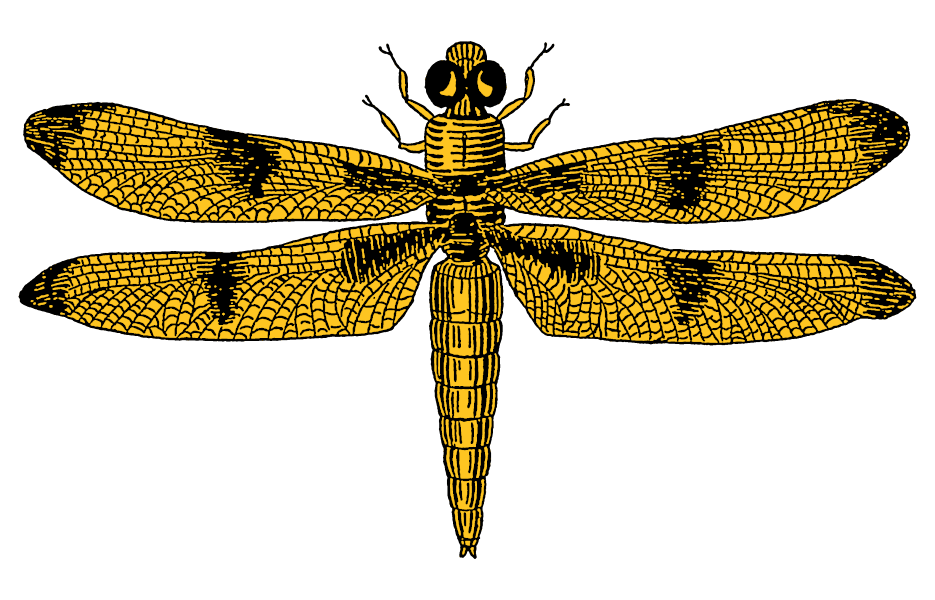I.
I would like to be the dust,
stowing away on your fingertips,
when you pull a slender volume
of seldom-read poetry off
the oak shelves of a nearly-
vacant library.
II.
The library doesn’t need to be
nearly-vacant: it could be full
of school children, of politicians,
of artists, and I would still like
to be the dust your fingertips
glean from poetry books no
one has read, but you, since
I last read them.
III.
I would like to be the dust
on your fingertips, and your
fingertips, gliding along each
rhyming line, and each line
the poet never rhymed with
anything. I would like to be
your fingertips, touching
poetry, and the dust on your
fingertips, touching poetry.
IV.
I would like to be the dust
of poetry you are touching.
V.
I would like to be the dust of a
nearly-vacant library, rhymed
on your fingertips with every
word you read.
VI.
The dust does not have to be
that of a nearly-vacant library:
it could be the dust of school
children, of artists, of politicians,
and I would still like to be dust
rhyming with you.
VII.
I would like to be the dust
of poetry you have touched.
This poem was originally published under the pen name Gabriel Gadfly.

